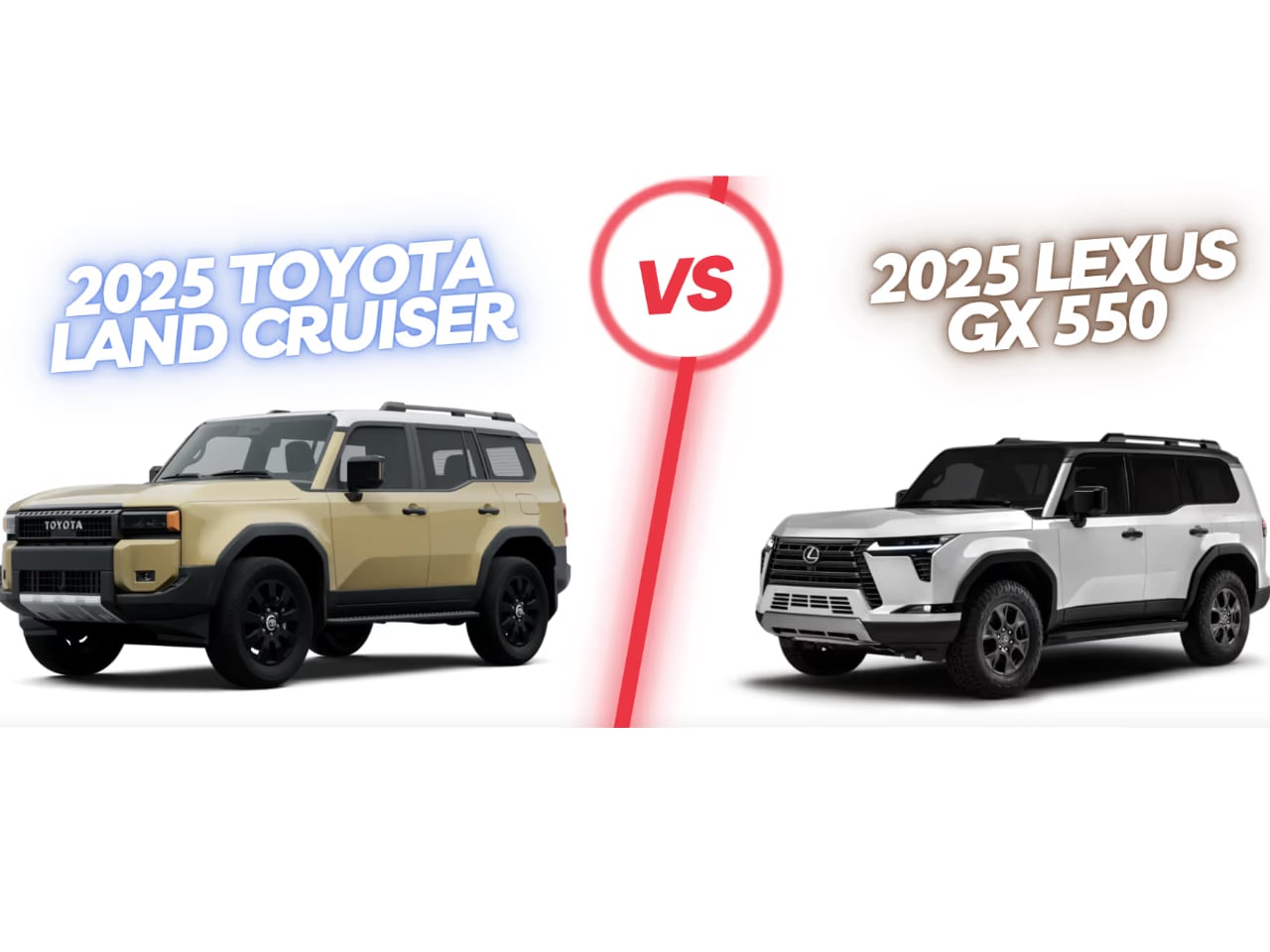ZF Developing Novel EV Range Extender, Production Starts Next Year
ZF Friedrichshafen has confirmed development of a new range extender intended for electric vehicles, with manufacturing starting sometime in 2026. The part supplier believes that this will help facilitate the industry’s pivot toward all-electric vehicles and that there will be sufficient demand to rationalize production.


ZF Friedrichshafen has confirmed development of a new range extender intended for electric vehicles, with manufacturing starting sometime in 2026. The part supplier believes that this will help facilitate the industry’s pivot toward all-electric vehicles and that there will be sufficient demand to rationalize production.
It likewise helps the company, which has been a long-time component supplier for the automotive sector, to hedge some of its investment bets. Despite being most famous for its long history building parts for combustion-engine vehicles, ZF has a diverse portfolio and started pivoting more of its efforts toward electronics in recent years. The assumption is that there may come a day where its sale of automatic transmissions will be totally supplanted by electric drive units.
However, getting out ahead of the assumed trends doesn’t sell products. You still need to to a little marketing. Therefore, ZF focused its announcement on the prevailing assumption that limited range is what’s keeping consumers from making the switch to electrified vehicles. Fortunately, it plans on providing the perfect solution.
"Although the all-electric range of passenger cars is around [310 miles] on average, range anxiety still influences a wide range of buyers when choosing their next vehicle," stated Dr. Otmar Scharrer, ZF’s Senior Vice President of R&D for Electrified Powertrain Technology. "These represent a real alternative to larger — and thus more expensive — batteries or plug-in hybrids.”
Range extenders can admittedly feel a little backwards when all-electric vehicles were initially marketed as a way to pivot the public away from fossil fuels. But the reality is that batteries have remained incredibly heavy, raise MSRPs, and limit the usefulness of a vehicle trying to cover significant distances. While this is a reductive description, we can think about EV range extenders as a sort-of oversized alternator that’s connected to an engine that's exists exclusively to keep the device spun up so it can, in turn, convert liquid fuel into electricity.
They leverage combustion power by supplementing the battery via an onboard generator. They have likewise allowed manufacturers to get away with putting smaller batteries in some models, boosting efficiency. This permits the vehicles to travel shorter distances using nothing but electricity, or tap into the fuel tank and use gasoline or diesel to help accommodate longer journeys.
They’re a little like plug-in hybrids (PHEVs) in that respect. However, unlike PHEVs, the fuel in the tank can only be used to help the battery recoup energy. The engine on board typically cannot drive the wheels and operators will therefore eventually find themselves needing to find a place to charge the vehicle if they want to keep covering ground.

Criticisms notwithstanding, range extenders have appeared to be making a comeback. The Chevrolet Volt and BMW i3 were the first mainstream models to become widely available on the North American market. But the Chevy was discontinued in 2019 and the i3 was pulled in 2021 as the relevant manufacturers focused more on pure battery electric vehicles.
Now, we’re seeing Stellantis postpone its all-electric pickup so that it can offer the Ram Ramcharger. More than a few Chinese brands are also dabbling with the technology, as have Mazda and Nissan. Honda also recently patented a range extender of its own.
From ZF:
In recent years, ZF had already launched range extender technology in volume production. Among other things, ZF's electric machines were installed in a series of iconic London taxis. ZF is currently working on the next generation, the electric Range Extender (eRE) and the electric Range Extender plus (eRE+).
Both variants are highly integrated designs that are flexible in terms of performance, E/E architecture, 400V or 800V and semiconductor type. The eRE connects an electric motor with an integrated inverter, suitable software and planetary gearset. The eRE+ also has an intelligent clutch and a differential. As a result, it can be used either as a current generator or as an additional secondary drive, which saves manufacturers developing a separate component. Performance can be scaled in both models. The output ranges from 70 to 110 kW (eRE) or 70 to 150 kW (eRE+). "The new interest and the increased demand for range extenders shows that the potential of this technology is far from exhausted — in particular for model platforms that are already designed for battery-electric drivelines," says Scharrer, and adds: "Behind our solutions is the system and platform concept. This means that we are optimally equipped to be able to respond to all customer and market requirements with shorter development cycles."
That mention of the new units being used as “a current generator or as an additional secondary drive” are particularly interesting. Combined with the relatively high levels of output ZF is promising, it sounds like these forthcoming range extenders can actually help with propulsion. This would theoretically alleviate issues where older vehicles using range extenders could only count on them to supplement the all electric range between charges.
We’ll obviously see how true that ends up being in application once the models enter production late in 2026. But the prospect of having a range-extended EV with a direct-drive system using gasoline is certainly interesting. It still seems a little odd when the industry could have simply kept working on building more efficient combustion engines. However, when everyone is concerned about passing governmental emissions regulations and all the development dollars are behind EVs, companies are have become creative with their solutions

[Images: ZF Friedrichshafen AG]
Become a TTAC insider. Get the latest news, features, TTAC takes, and everything else that gets to the truth about cars first by subscribing to our newsletter.










































































